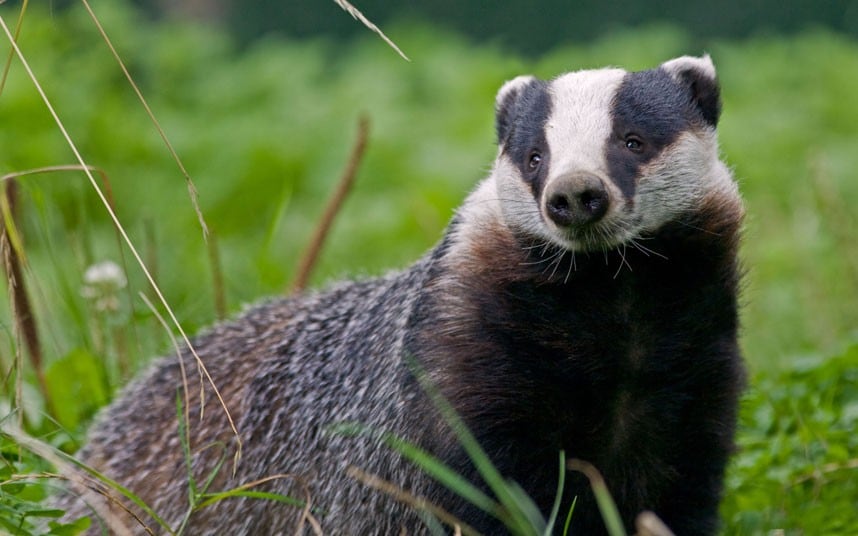
The NFU are putting a positive gloss on the ‘hope’, that the RPA will make no change to the option to grow pulses in order to ‘tick the right boxes’, which include peas, beans, soya and Lupins, otherwise known as ‘break crops’.
Why on earth we should be ‘grateful’ for this tit bit is quite beyond me. If they were showing signs of changing this ‘consession’ I believe we would have every reason to actively protest. It would confirm many farmer’s belief that those sitting behind their desks at Defra and the RPA have little knowledge about the fundamental basics of arable farming.
One of the urgent changes we do want to see, but so far has not materialised, is a big reduction in red tape and bureaucracy. Less farm inspections and fewer unnecessary rules and regulations. Now, that would make a big difference.
Last week Andrea Leadsom the Secretary of State for Environment, Food and Rural Affairs, wrote to all rural MPs, to update them on the new measures being taken to help eradicate the most serious animal health problem facing the UK, namely bovine TB.
Over the past 20 years the number of cattle slaughtered as part of efforts to control the disease has increased ten-fold, costing the taxpayer over £100 million a year. In 2015 alone, more than 28,000 cattle were killed and their carcases destroyed. None entering the food chain despite the majority being free of disease, but only because they had been in contact with other cattle which did. It goes without saying that this disease causes both financial and emotional distress to farmers, and rural communities great harm, and in the long run threatens the very future of the beef and dairy industry.
The industry is trying its best to tackle this problem with regular compulsory testing of cattle and movement controls. And vaccinating badgers, creating buffer zones, improving biosecurity on farms, and badger control in areas where TB is rife.
There is clear evidence that it is possible to eradicate this highly infectious disease. It is already happening in Australia, New Zealand and the Republic of Ireland, where they are tackling the problem in both cattle and the significant wildlife sources. In Australia it is within the feral water buffalo which they have targeted.
The Secretary of State has confirmed that last year, badger control operations in Somerset, Gloucester and Dorset were very successful. So now as part of the comprehensive strategy, seven additional licences for badger control have been granted for parts of Herefordshire, Gloucestershire, Cornwall, Devon and Dorset.
Sussex is not among these new areas, although we do have certain hot-spots of disease within the county, where the local farmers have a clear understanding of the problem and how best to deal with it.
These farmers have had regular meetings with Lewes MP Maria Caulfield, who is keen to reap as much knowledge from those who are struggling with the problem on a daily basis, to help her become fully aware of the facts.
It is hoped that Mrs Leadsom will in due course come to Sussex to meet farmers and fishermen, to allow a cross fertilisation of ideas and information, which will be useful now that both these industries will once again be master of their own destiny, as we prepare to leave the stifling and destructive clutches of the EU.
I am sure that if this disease was Canine TB, and struck down our family dogs instead of farm livestock, and they and quite possibly our neighbours dogs had to be destroyed, the public would be far more understanding and supportive regarding the culling of badgers, which carry and spread this deadly and expensive disease.

 RSS Feed
RSS Feed